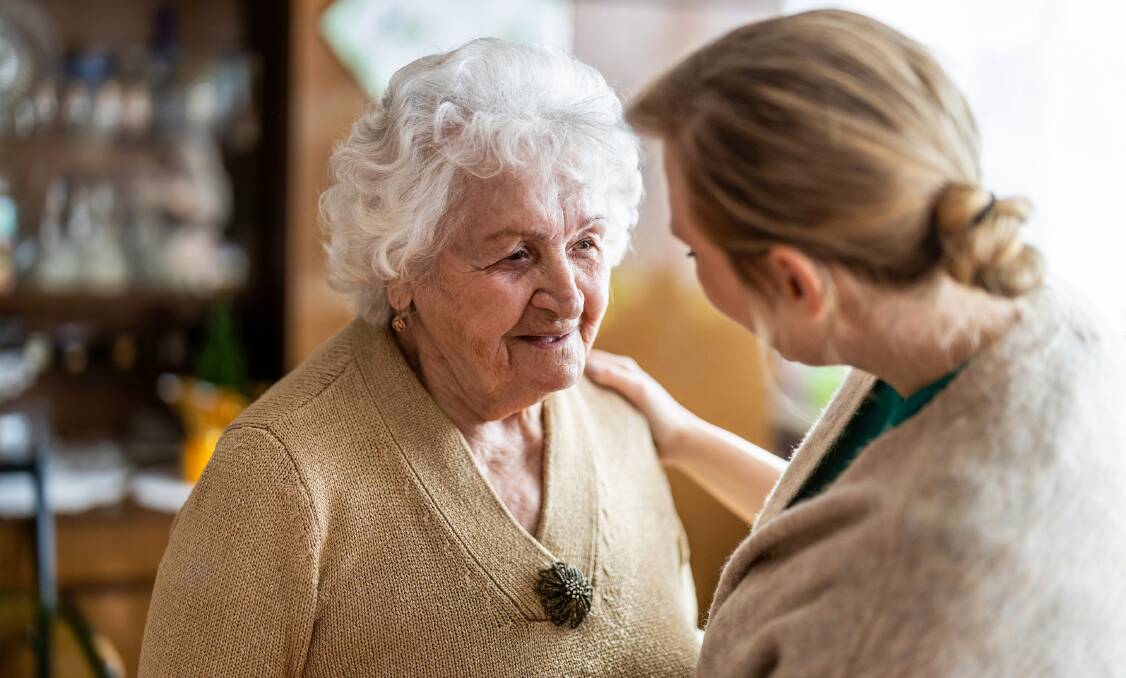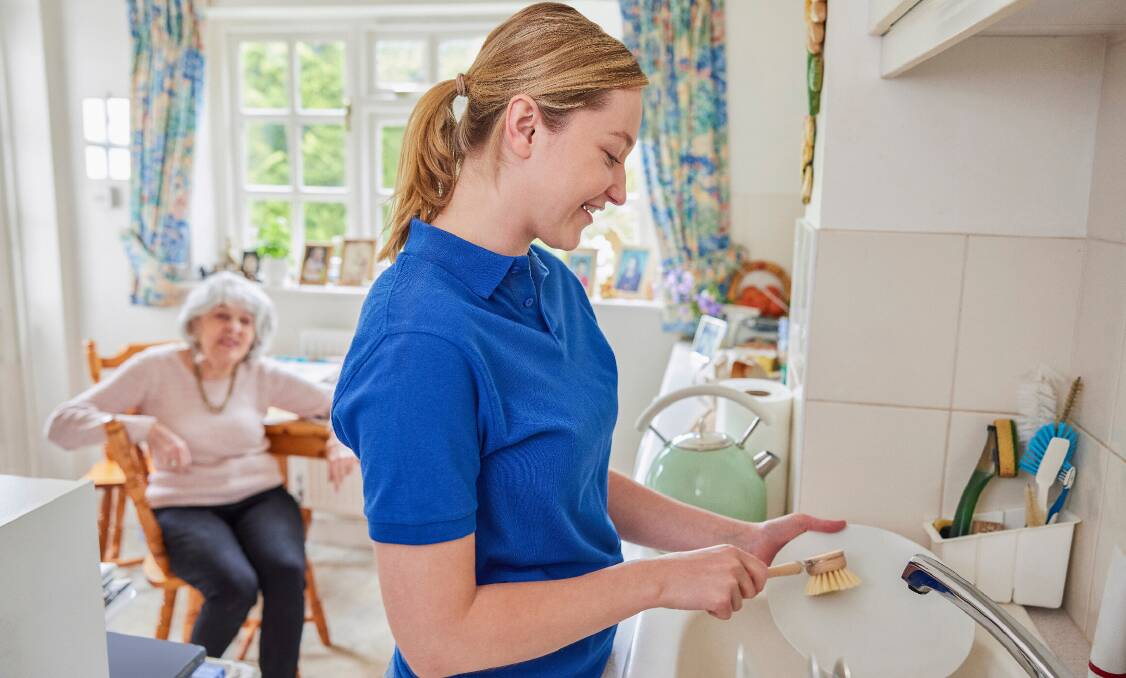Home care assistance: A guide for ageing adults

This is branded content.
Finding the proper home care assistance for an ageing loved one is a decision laden with emotion and significance, aiming to blend the warmth of home with the necessity of care. It's a choice that profoundly affects the life of the one you cherish, seeking to uphold their comfort, independence, and dignity in the sanctity of their own home.
This article will serve as a guide for families, providing them with the knowledge and confidence needed to make informed decisions that best support the well-being and preferences of their ageing loved ones.
Types of home care services
Understanding the types of home care available in your location, such as the services offered by home care Sunshine Coast, is crucial in making an informed decision that best supports the wellbeing and preferences of your loved one. Here's a closer look at the primary types of home care services:
- Personal Care Services
Personal care services focus on assisting with daily living activities that may have become challenging for ageing adults. This type of care includes help with bathing, dressing, toileting, and grooming. Caregivers also assist with meal preparation, eating, and mobility, ensuring they meet basic personal needs with dignity and respect.
- Nursing Care
When medical needs are part of the equation, nursing care becomes a vital component of home care. Qualified nurses provide these services, including medication management, wound care, health monitoring, and coordination with doctors. Nursing care is tailored to those who require medical attention due to chronic diseases, recent surgeries, or other health concerns that necessitate professional oversight.
- Companion Services
Companion services cater to the emotional and social needs of ageing individuals. This type of care focuses on preventing loneliness and enhancing life quality through companionship. Activities can range from conversation, reading, and walks to assistance with household tasks and errands. Companion services play a crucial role in fostering a supportive and engaging environment for seniors.
- Specialised Home Care
Specialised home care addresses the unique challenges associated with specific health conditions such as Alzheimer's disease, dementia, Parkinson's, and other chronic illnesses. Caregivers with expertise in these areas offer tailored support that not only meets the physical needs of individuals but also provides cognitive stimulation and coping strategies for managing symptoms.
- Home Health Care
Home health care is clinical medical care provided by skilled medical professionals, including physical therapists, occupational therapists, and speech therapists. This type of care is often prescribed as part of a recovery plan following hospitalisation or surgery and focuses on rehabilitation and regaining independence.
- Respite Care
Respite care aims to give primary caregivers temporary relief, allowing them to rest and recharge. This type of service can be arranged for just a few hours, overnight, or for more extended periods, ensuring that the care recipient continues to receive attentive and compassionate care in the absence of their regular caregiver.
Factors to consider when choosing home care assistance
Choosing the right home care assistance for an ageing loved one is a critical decision that impacts their quality of life and well-being. Here are essential factors to consider when selecting the proper home care assistance:
1 Type Of Care Needed
Understanding the specific needs of your loved one is the foundational step in selecting the appropriate home care assistance. This includes determining whether personal care services, medical care, companion services, or specialised care are required. Each type of care addresses different aspects of an individual's well-being and requires careful matching to their unique situation.

2 Caregiver Qualifications And Training
The qualifications and training of the caregiver are paramount. It's essential to ensure that any prospective caregiver possesses the appropriate certifications and has undergone rigorous training pertinent to the care your loved one needs. Agencies that prioritise continuous training and development for their staff are often more capable of providing high-quality, up-to-date care practices.
3 Reputation And Reviews
The reputation of the home care provider or agency can offer insightful information into the quality of care they provide. Researching and reading through reviews and testimonials from other families can shed light on their experiences, helping you anticipate the level of service your loved one might receive.
4 Flexibility And Availability
The ability of a care provider to accommodate your loved one's schedule, including weekends, holidays, and potentially overnight care, is crucial for continuous, reliable support. The provider's capacity to adapt to changing care needs over time without significant disruption is also a vital consideration.
5 Cost And Insurance
Understanding the financial implications of home care is necessary for making a sustainable choice. This includes familiarising yourself with the cost structure, potential insurance coverage, and any available financial assistance programs that can help manage the expenses associated with home care services.
6 Safety And Emergency Procedures
Asking the provider about their emergency policies and procedures ensures competent handling of unforeseen situations. Confirming that caregivers have training in emergency response and first aid offers peace of mind about the safety of your loved one in their care.
7 Communication And Reporting
Effective communication channels between the care provider, caregivers, and the family are essential for monitoring care quality and addressing concerns promptly. Providers should have standardised processes for documenting care activities and sharing updates with family members, ensuring transparency and trust in the care relationship.
8 Legal And Ethical Practices
Verifying the legal compliance and ethical standards of the home care provider protects your loved one from potential harm. This involves verifying the agency's proper licensing, thoroughly vetting and background-checking caregivers, and establishing accountability and insurance coverage for the services provided.
Conclusion
Ultimately, the goal is to ensure that ageing adults receive the compassionate, respectful, and competent care they deserve, enabling them to continue living with dignity and comfort in their own homes.
By thoughtfully selecting the right type of home care assistance, families can provide their loved ones with the support they need to thrive in their golden years, offering peace of mind to everyone involved in this loving commitment.


